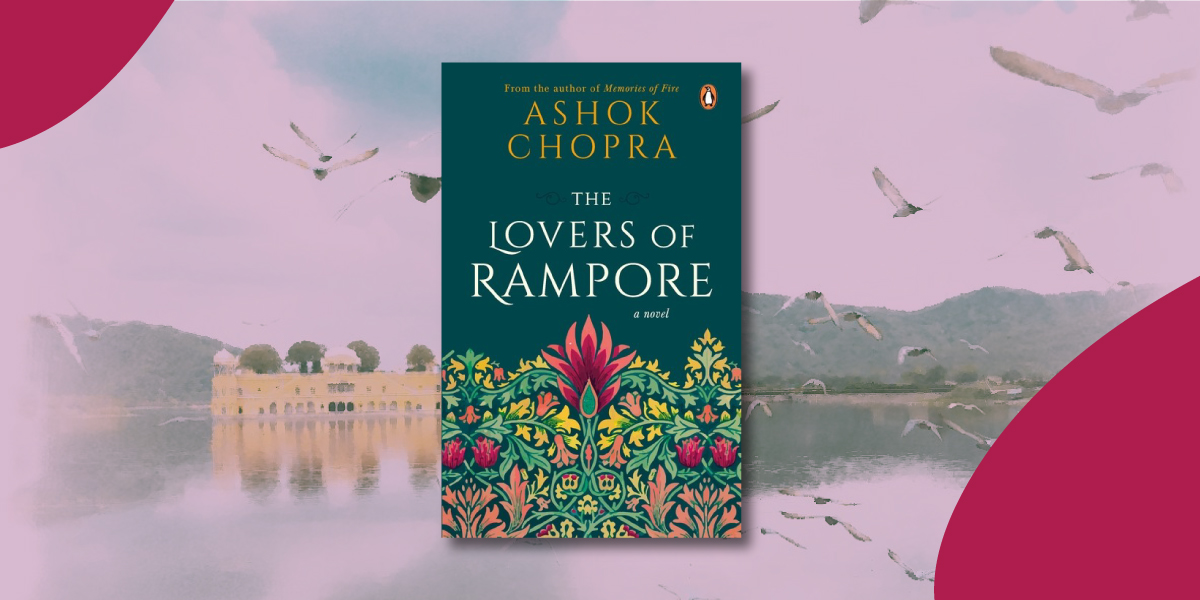In The Lovers of Rampore, Ashok Chopra delves into the many mysterious forms of love thus introducing a mystic quality to the everyday lives of his characters. From the thrills of lust to the joys and fears of genuine commitment, to the exploration of desire and dispassion that exist in all relationships, this is the story of love in all its different manifestations.
Ashok Chopra weaves a contemporary Bayeux tapestry of richly detailed stories which are mature, slow-burning and strum with a quiet passion that cuts across class, gender, and age, fundamentally altering the way we perceive love. In doing so, he also challenges society’s archaic understanding of the bonding between people.
Here’s a peek into this book that boasts all the glory of a royal romance in a modern day setting that hits much closer to home.
~

From the day after her birthday, Tina waited for Vikram to contact her. To ring her up or at least message her, not that he had ever done that before. As each day went by, with no call from him, her desire to meet him, to be with him, increased. She toyed with the idea of calling him. Should she think of some excuse or the other and send him a text message? She couldn’t think of any. Should she land up at his home again? No, she dare not repeat that trick, as she had no excuse to do so this time. And even if she had one, he may realize that the first time, too, was a ploy.
Why did she want to be with him so much? Shouldn’t she, first of all, try and make up with Neeraj? She tried to honestly answer that question, but she couldn’t. Then one night she found it in her sleep. She dreamt that Vikram had come to her room. Quickly, without a preamble, he took off his clothes and came to where she sat. His body, in the nude, was exquisite. She felt the excitement throbbing in her temples and her face became flushed. He helped her undo her nightdress and then together, naked on the bed, they made love. It was pure rapture. Absolute bliss. She thought that she would die of ecstasy. But she wouldn’t mind dying in his arms. In bed, he was a fabulous lover, so much better than Neeraj had ever been.
In the morning, she reviewed the entire sequence of her lovemaking with Vikram, without any feeling of guilt or embarrassment. She finally admitted to herself that she found him very attractive—with a fine, sensitive, well-chiselled face, the dimple in the chin and the lithe and perfectly balanced body, which exuded strength and power. All this, and much more, had often filled her with the yearning to be close to him, to reach out and touch him, to hold him close. Her dream merely reaffirmed this feeling. She knew that she desired him, that she really enjoyed making love to him. But, though also important, there was more to her feelings for Vikram than a mere sexual attraction. What it was she could not put her finger on.
The last of the roses that he had brought for her birthday languished, but she did not want to throw them away. Finally, she had to because they were all dead and the water had become contaminated. As she poured the water from the vase into the sink, she knew she had to see him, come what may. Damn the reasons and analyses, she told herself. She was desperate to see him, to be with him, to see his face, hear his voice and to put her lips on his.
As luck would have it, she got a call from Mahtab amma.









